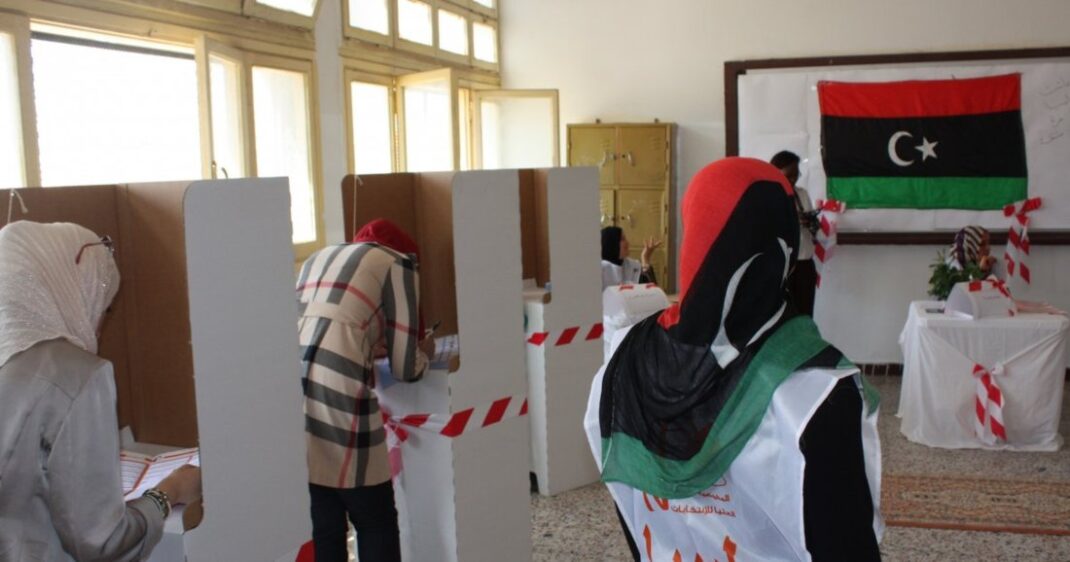
Libya has come too far since ending its third civil war in mid-2020 to risk resuming violence or dividing the country with a rushed election.
Absent an agreed-upon constitution, the current electoral laws call for a presidential system with a weak parliament. The president would have full executive authority, can appoint a government, and be the commander and chief of the military. The military command is a post that Haftar sought before he attacked Tripoli in April 2019.
Among the risks of electing a super-empowered president in a questionable election is that there would be one person, one vote, one time. (One only needs to look at Tunisia, the bright spot of the Arab Spring, to see how an elected president can quickly consolidate power, even without a strong military at his side.)
The United States and others argue that an on-time election is less risky than a delay since it would jeopardize the bargain made last year to hold elections as codified in a UN Security Council resolution. But that only makes sense if the elections are considered legitimate by most parties. Currently, there is no candidate capable of rallying supporters nationwide and it’s questionable whether they could even campaign across Libya.
The likelihood of Libyans accepting the victory of a regional candidate is slim, especially in circumstances where the electoral laws and actual voting will be challenged if not disrupted entirely.
Libya has come too far since ending its third civil war in mid-2020 to risk resuming violence or dividing the country with a rushed election. The original December 24 date emerged from an ambitious process that unfortunately failed. Deadlines are useful as forcing functions but not at the risk of provoking civil war.
It is far preferable to enlist a new UN team and, with the support of the United States and its partners, reinvigorate intra-Libyan diplomacy among key actors and civil society to build genuine consensus over an agreed electoral law and set a new timeline that would begin the election process 90 to 120 days from December 24.
There is no question that Libyans deserve the right to elect their leaders and that the public wants elections. But the international community has the responsibility to create the best possible circumstances for them to do so freely, fairly, and securely.
***
Ben Fishman is a senior fellow at the Washington Institute for Near East Policy and was Director for North Africa at the National Security Council during the Obama administration.
______________





